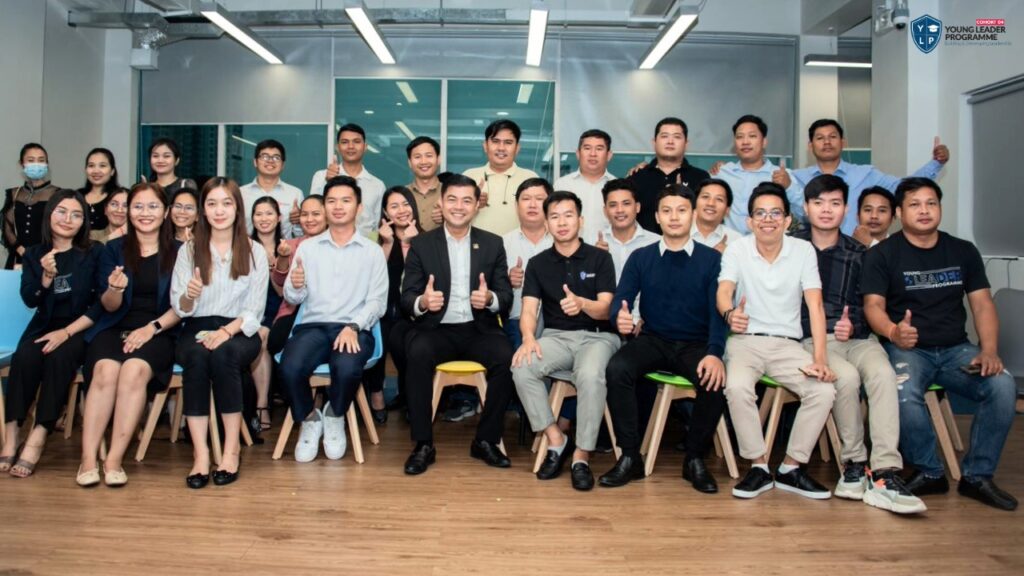On Saturday, 17th June 2023, GGear Young Leader Programme Cohort 04 held last training module under the topic of “Corporate Communication”, led by Mr. Yoeng Sophai, Head of operation of Aplus Consulting.
Objective:
- To broaden knowledge on managerial communication, which drive understanding & action taking for the team to achieve goal.
- To gain insight of various communication approaches to develop strategies for effective negotiation and conflict management in day-to-day work.
Overview:
- Essential Communication
- Listening & understanding.
- Verbal Communication
- Non-Verbal Communication
- Managing meeting & Team
- Agility in Corporate Communication
Key Takeaways
- Common Challenge of communication in an organization cause by:
- Low confidence of subordinates
- Leaders are not open enough for them to express their opinions
- Subordinates do not know how to use different methods to approach different leaders.
- The steps in the communication process is to ensure that subordinates have a good comprehension, the sender must deliver messages to the appropriate channel and filter them out. Meanwhile, the recipients must verify that all the information received is clear enough and get back in any unclear
- Factors that influence communication including Different perception of communicator, Different culture, Different religion, Language barriers, psychological factors, Physical barrier, Gender differences, Contextual factors and Technology. Understanding these factors can help individuals to navigate communication challenges and promote effective communication across diverse contexts & situation.
- Two types of communication Channel: Non- Verbal communication & Verbal communication
- Non-Verbal communication including eye contact, facial expression, gesture, posture.
- Verbal communication model:
- Listen: Paying attention and demonstrating understanding of their point of view
- Tell: Explaining your view for clear understanding
- Ask: Using questions to understand
- There are different style of leadership: Participate Leadership, Authoritarian Leadership, Delegate Leadership, Transformational Leadership and Transactional Leadership.
- Four types of people behaviors including: Task Oriented, Outgoing, People Oriented and Reserve.
- Front Line Supervisors provide 2 types of feedback:
- Motivation Feedback: for specific, work-related behavior that deserves recognition.
- Development Feedback for specific, work-related behavior that needs improvement.







